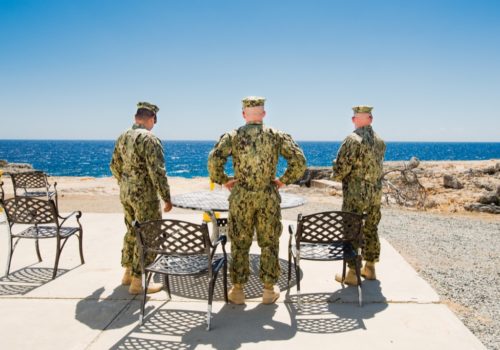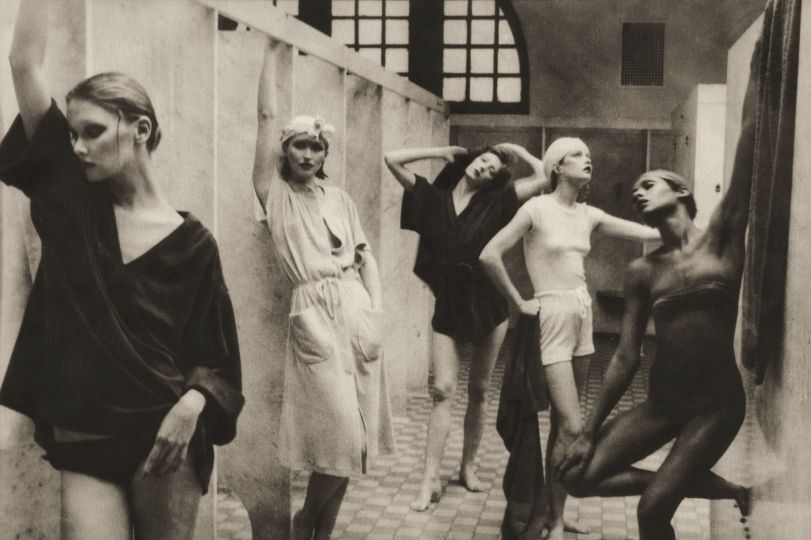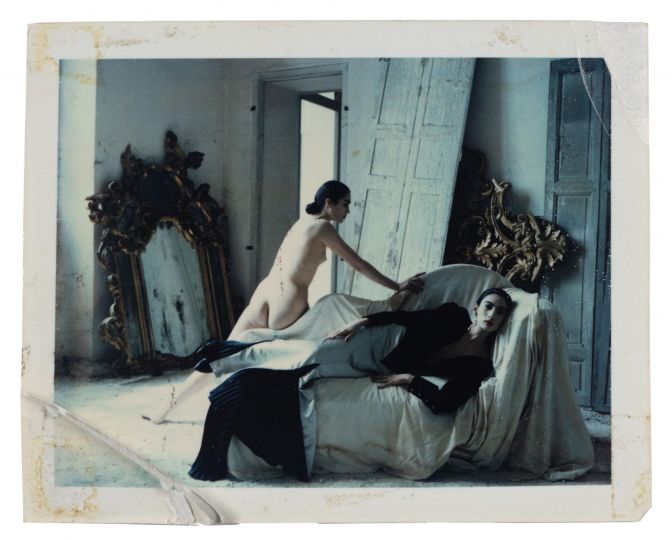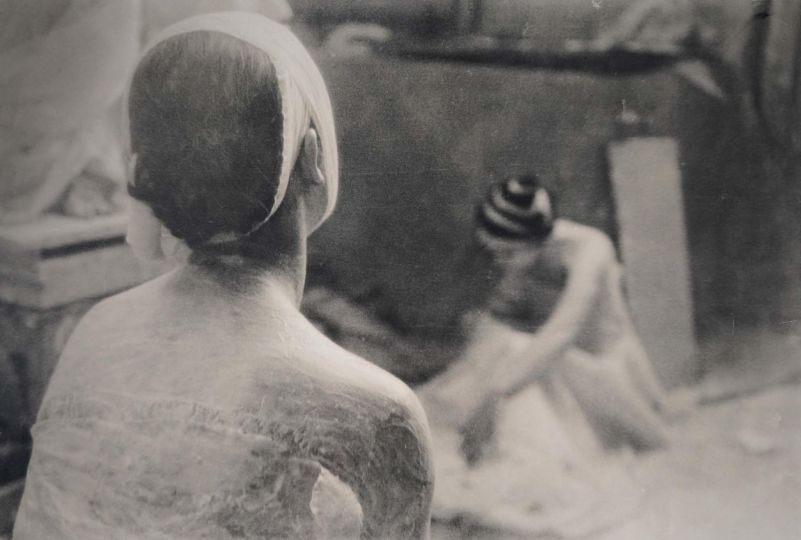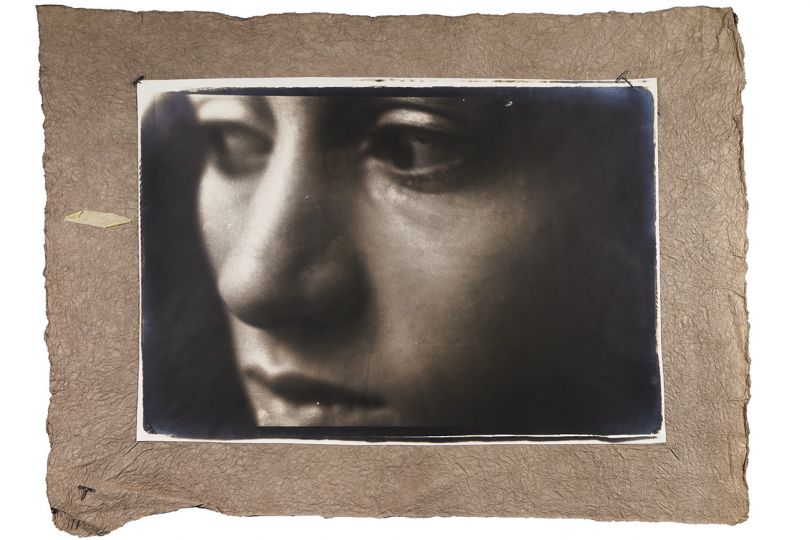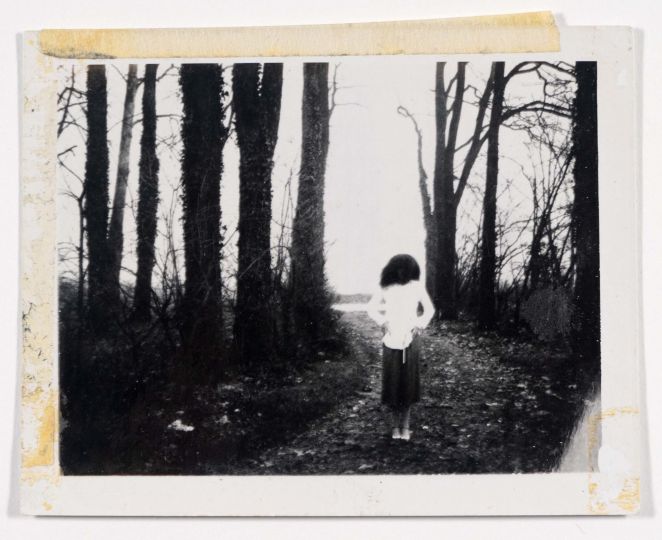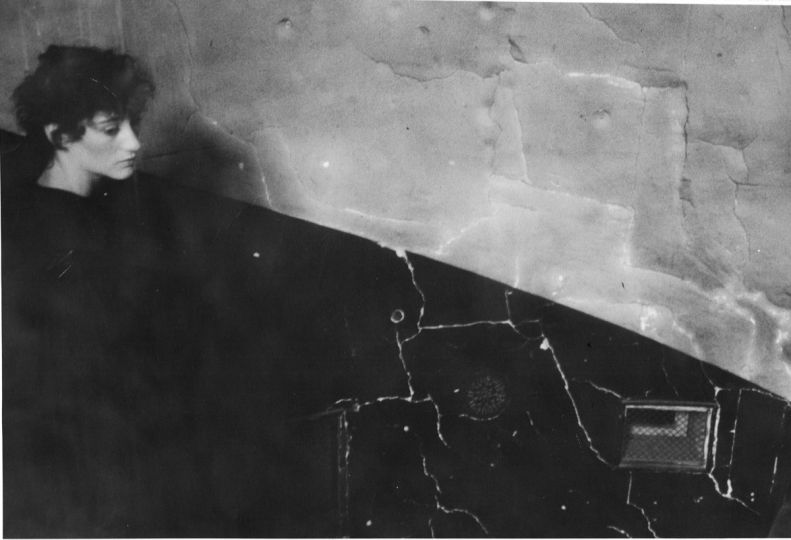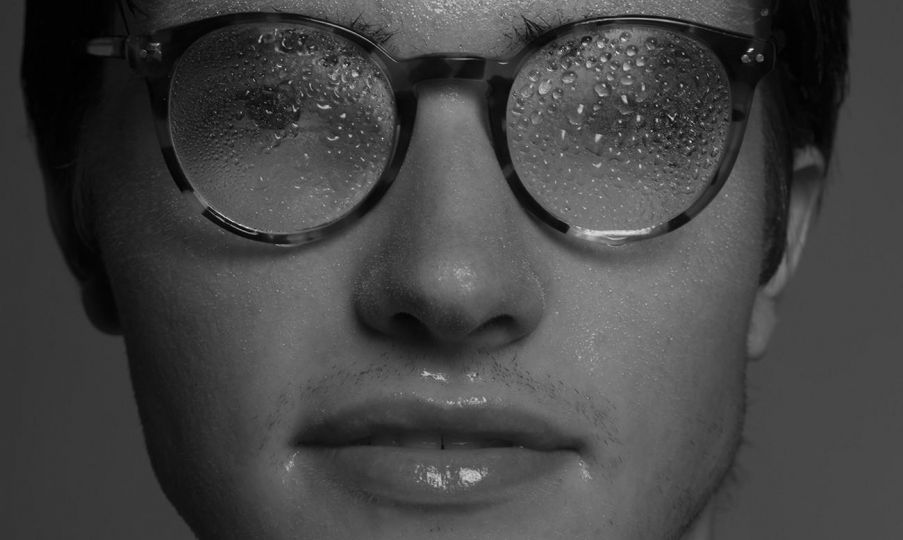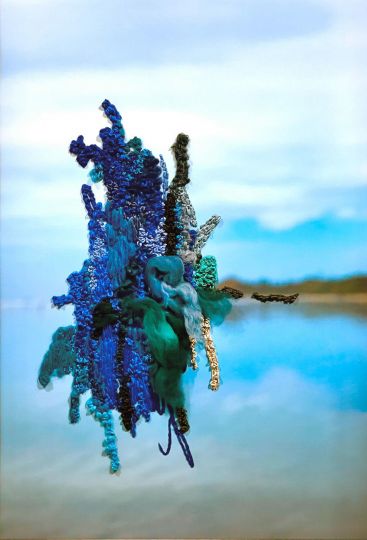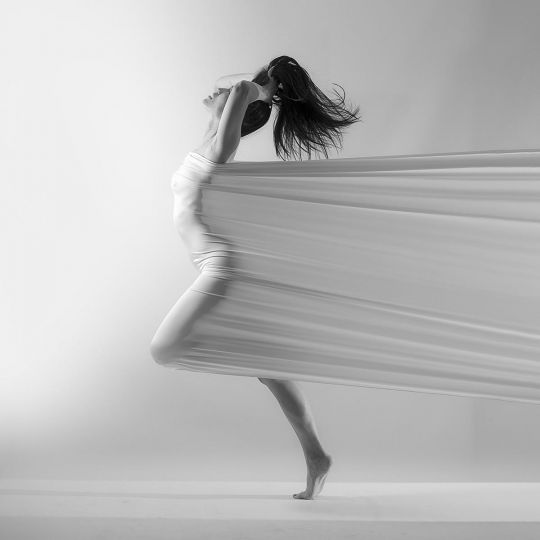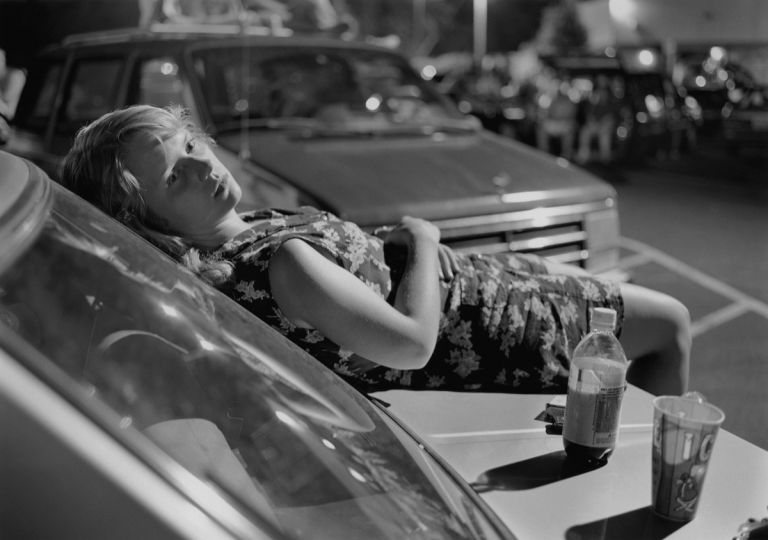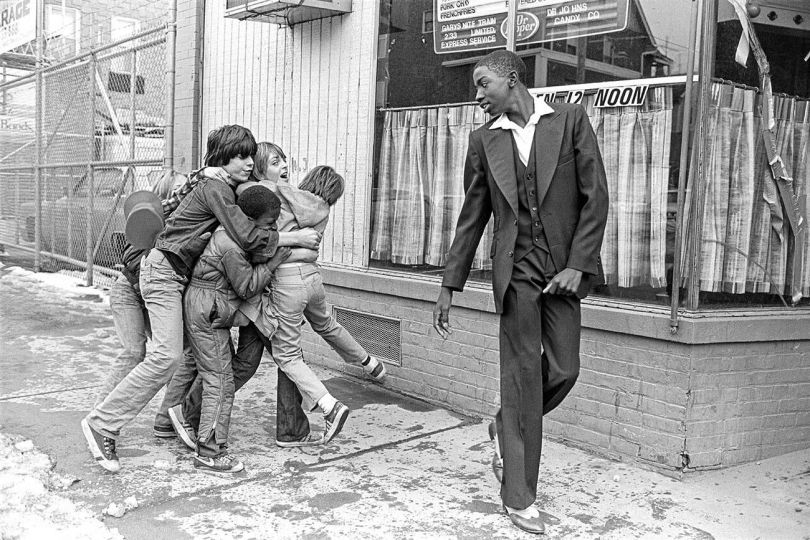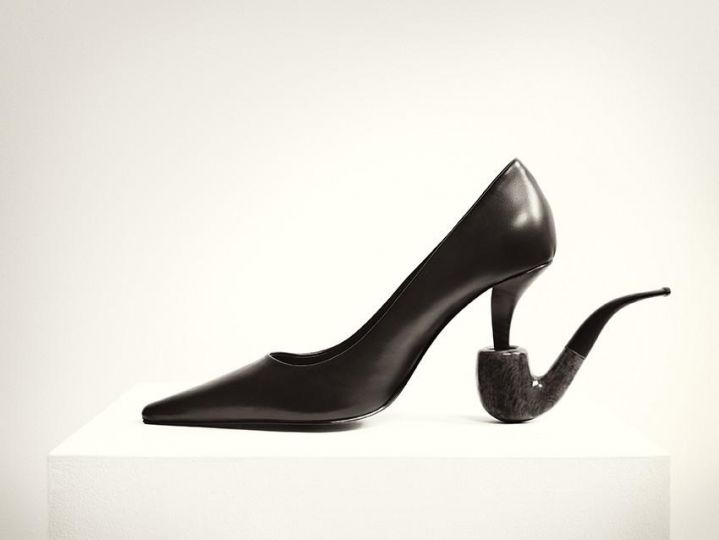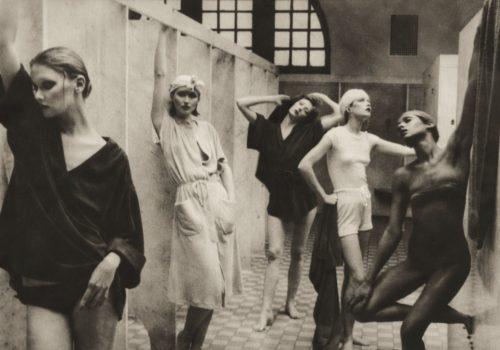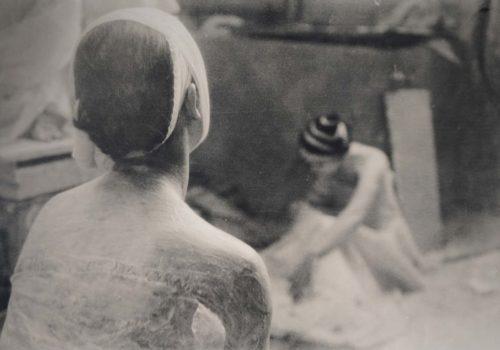A place that shouldn’t exist, but is allowed to do so, heralds a wonderful future for all mankind, if we as citizens, do not defend the rule of law.
It was this reflection, among others, that led Debi Cornwall to make contact with those in charge of the American army naval base of Guantanamo on the island of Cuba. The artist had spent the previous ten years working as a civil rights lawyer in the US, fighting for the release of individuals who had been imprisoned without sufficient evidence, and whose innocence had been demonstrated in numerous trials. Tired of her career, she made the decision to return to her first loves: art and photography. Before embarking on a career in law, she had studied for three years at the Rhode Island School of Design, and completed a bachelor’s degree at Brown University, New York.
It has often been said that to take a good photograph, you need to be in the right place, at the right time. Being granted permission to access the military base of Guantanamo, known for its use of torture, was already quite a feat. What is even more impressive is Debi Cornwall’s ability to photograph what she is allowed to show, and in such a way that we find ourselves confronted with objects—indoor and outdoor furniture for example—that resemble many of the items that can be found in our everyday middle-class environment.
Conscious of the fact that we are looking at photographs taken in Guantanamo, we are overcome by a strange sense of anxiety, generated by the force of Debi Cornwall’s gaze. This anxiety is confronted with a cynicism that has no name, other than GUANTANAMO. It is precisely this name that can be seen for example printed on a coffee cup: I GUANTANAMO. The objects for sale in this ‘museum-shop’ captured by the photographer in the most neutral way possible, photographed against a white background, strikingly remind us of the extent to which our lives are influenced by a mercantile society. Similarly, in their depiction of ‘leisure’ areas within the Guantanamo complex, the photographs offer a powerful commentary on our entertainment-centric culture.
The shots, which make use of vivid, eye-catching colours—‘swimming-pool’ blue for example—evoke vulgar advertisements. Soldiers are for the most part absent from these images, and on the rare occasions they are present, they are photographed from behind. Although we do not see their faces, their representation is nevertheless telling. Here, Debi Cornwall makes use of photography as a pure surface, a surface that reflects the light.
Despite the tension connected with having to negotiate with the military the conditions for each shot, the photographer retains her sense of autonomy, constructing a series with an imagery and imagination that no power, no matter how brutal—in Guantanamo, the military make use of torture with the authorization of the new president of the United States—is capable of destroying, a message that combines Debi Cornwall’s political and aesthetic concerns.
The artist’s work allows us to glimpse the behind-the-scenes reality of this cursed island through excerpts of prisoner interrogations and other official documents used by the State as part of its war on terror.
What terror we may ask ourselves, or if we are to rephrase the question: who are these terrorists?
In order to find out, Debi Cornwall travelled to a dozen destinations in the Middle East, North Africa and Europe, where she met with former Guantanamo prisoners, released after years of torture and imprisonment, due to a lack of sufficient proof. In these photographs, she makes use of a different palette, the colours are a lot less gaudy, and like the Guantanamo shots, she only photographs her subjects, all male, from behind. These ex-prisoners are captured in their new surroundings, a far cry from their previous environment.
These different layers of images and the text associated with them bear witness to extreme horror, to experiences that defy all meaning or understanding, and on a broader level, point to the failings of a global justice system that increasingly violates human rights.
Joerg Bader
Joerg Bader is the director of theCentre de la Photographie Genève, in Switzerland.
Debi Cornwall, Welcome to Camp America
March 17 to May 14, 2017
Centre de la photographie
28, rue des bains
1205 Genève
Switzerland

